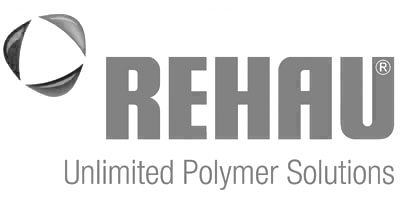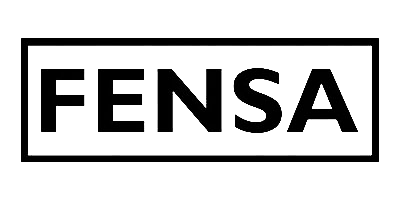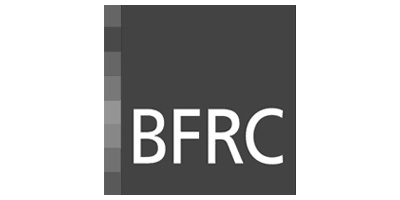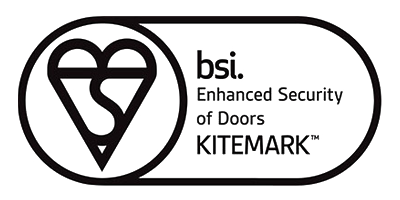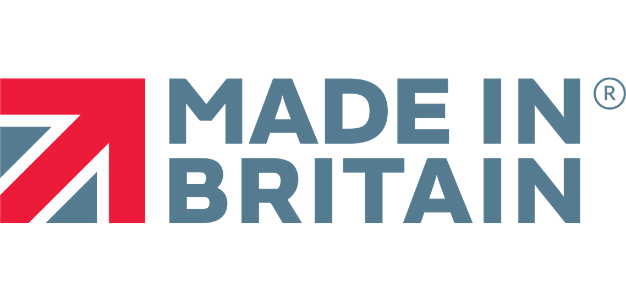PVC-U (Polyvinyl Chloride) is one of the most popular plastics in the world, accounting for roughly 20% of all plastics manufactured globally. Having been originally patented back in 1913 (to a German inventor named Friedrich Klatte) it is one of the oldest plastics in the world.
PVC has been widely used by a range of industries including building, transportation, and healthcare for a variety of applications since 1933. PVC-U doors and windows can be fashioned to fit all types of housing which is why more than 80% of homeowners say they prefer PVC-U to other options. (1)
It’s versatile, durable, and long-lasting but whether or not it is sustainable has been a contentious subject for some time now. This is largely due to it being linked with chlorine chemistry, however, it’s one of the most researched polymers in the world and many life cycle studies indicate it’s as sustainable as any other option.
In fact, Greenpeace co-founder Dr Patrick Moore has stated, “Further, PVC is durable, low-maintenance, recyclable and performs well in LCA (life cycle assessment) tests.” (2) PVCu was also awarded an A+ environmental rating for commercial windows following independent research by the Building Research Establishment (BRE).
So let’s dig a little deeper into the PVC debate and uncover more evidence as to why it is not only versatile, durable and long-lasting, but recyclable and sustainable.
Is PVC high maintenance with regular repainting?
No, when we said it was long-lasting, we meant it! The Building Research Establishment (BRE) reports a service life of at least 35 years so it’s safe to say it’s durable and low maintenance. All you need to keep it clean is a soapy cloth and you won’t be needing to get your paintbrush out any time soon.
Is PVC problematic to recycle?
The UK’s Recovinyl Scheme utilises 100 collectors and 20 recyclers of PVC construction materials to recycle products when they’re no longer needed. In 2008 alone, more than 19,000 tonnes of PVC-U window waste material was recycled. By comparison, some alternative materials are almost impossible to recycle because of the paints, solvents and putties used in the production and installation process, according to a study by the government-funded Waste and Resource Allocation Programme (WRAP). (3)
Is PVC non-sustainable due to the chlorine?
As stated above, a number of studies have investigated the sustainability of PVC and found it to be as sustainable as other options. This may be due to the fact that PVC’s main ingredient is common salt which is a natural resource, with an estimated 50 quadrillion tonnes of salt in the world’s seas.
Does PVC production increase dioxin levels?
The PVC industry is strictly regulated and a low contributor to dioxin levels according to recent inventories of the UK’s dioxin sources. One review of dioxin emission in the UK published in 1995 by Her Majesty’s Inspectorate of Pollution (HMIP) found the dominant contributors to be iron, steel and nonferrous metals production. The report also stated that combustion of wood releases more dioxins into the atmosphere than those produced by the entire halogenated chemicals industry. (4) Further studies suggest that 14% of the UK’s total emissions per annum can be attributed to annual Bonfire Night celebrations.
Does it take a lot of energy to produce PVC?
Compared to other materials, the energy used to produce PVC is low:
- PVC – one cubic decimetre requires two kilogrammes of mineral oil
- Steel – one cubic decimetre requires five kilos of oil
- Aluminium – one cubic decimetre requires fifteen kilogrammes of oil
When you compare it to other polymers, PVC still comes out on top with an average of half as much oil to produce. Plus, the oil found in PVC products can be utilised to generate energy in incineration plants for decades.
Is PVC a plastic poison?
In September 2006, the Institute of Occupational Medicine (IOM) undertook an epidemiological study into workers exposed to PVC dust. They found no evidence that PVC dust cases heart disease or lung cancer, and compared to the general population the death rate of PVC workers was lower.
Is PVC a fire hazard?
PVC has a low rate of heat release and is difficult to ignite. PVC will self-extinguish if ignited and won’t spread flame on its own. So although PVC will burn in a fire, it will stop burning if you remove the source of ignition. That’s why it’s mandatory to use it to insulate wiring and in a conduit through which wires and electricity pass. (5)
What does the future hold for PVC?
It’s clear that PVC doors and windows are a long-lasting and cost-effective solution due to the durability and low maintenance. A series of surveys by housing authorities in the UK have found PVC to have an economic benefit of about 30% over softwood alternatives. And in Germany, typical savings over 25 years were found to be more than 20% compared with hardwood and more than 50% compared with aluminium alternatives. (6) And, as we look to the future, the European PVC industry is committed to working towards ensuring that it will always operate in a sustainable manner by:
- Improving quality of life and adding value to society through PVC products and innovations that assist with sustainable economic growth
- Introducing new practices that protect the integrity and diversity of the environment based on the principles of sustainable development (7)
To find out more about the benefits of using PVC for your next project, please get in touch.
References
(1) Specifier Briefing – The Open & Shut Case for PVC-U – BPF
(2) Vinyl Council at Form & Function 2006
(3) Specifier Briefing – The Open & Shut Case for PVC-U – BPF
(4) Windows – A Transparent Case for PVC
(5) Counterpoint – Patrick Moore and the future of the environment April 06
(6) Specifier Briefing – The Open & Shut Case for PVC-U – BPF
(7) Voluntary commitments Sustainable Development from the PVC industry



